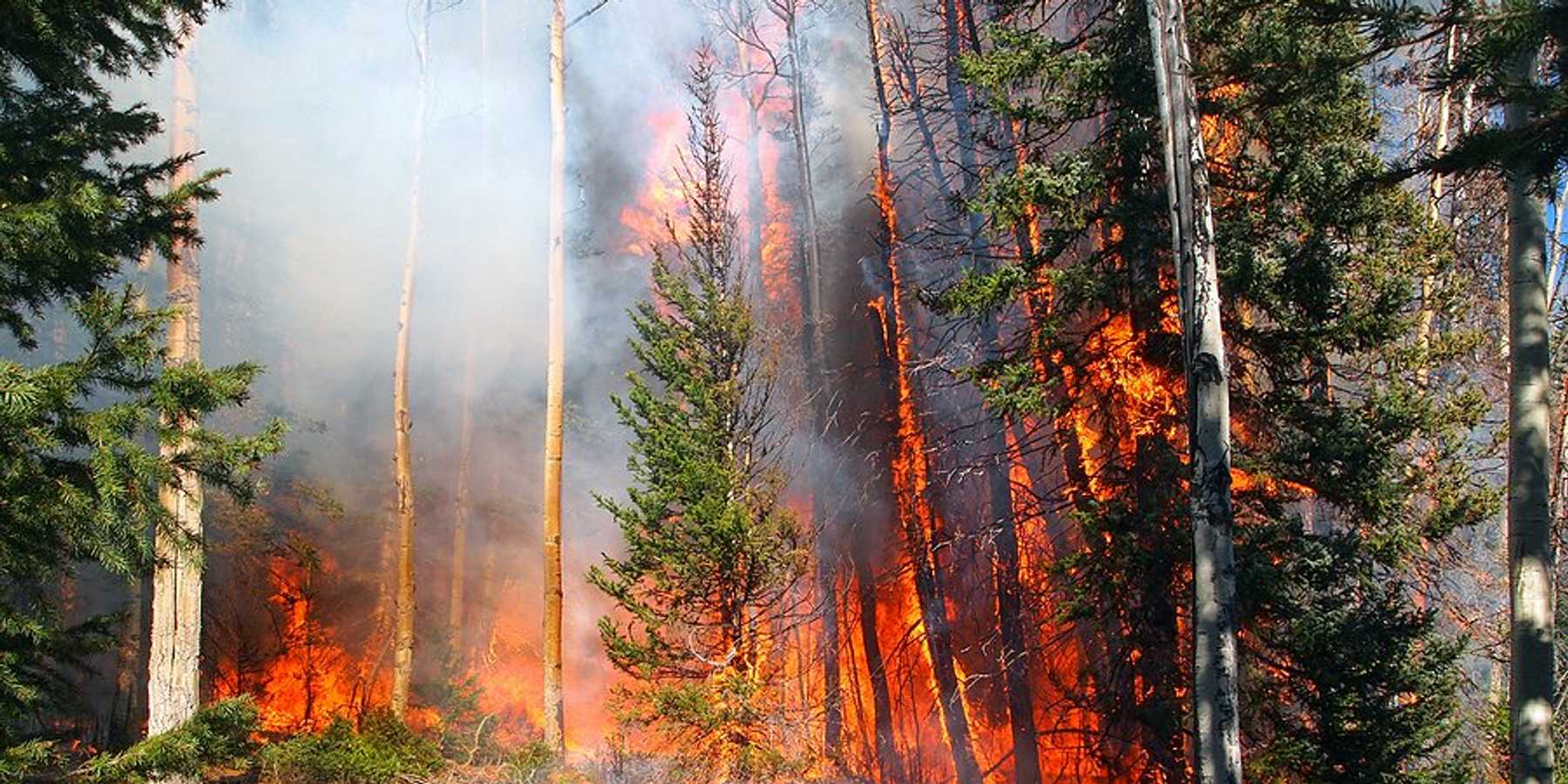
Climate-fueled drought primes western Washington forests for next megafire
Longer, hotter summers are drying out the Olympic and Cascade rainforests, pushing Washington officials to plan for the kind of blaze they admit they cannot stop.
Rebecca Dzombak reports for The New York Times.
In short:
- The state’s once reliable mid-August “green curtain” now ends weeks earlier, leaving deep moss and cedar duff brittle by July.
- Recent blazes in the Olympic rainforest and along Interstate 90 show that even the wettest valleys ignite under human sparks and drought-driven winds.
- Officials are pre-positioning crews, planning fire breaks and thinning streamsides to protect salmon habitat while bracing for an event that could dwarf 20th century fires.
Key quote:
“The biggest challenge we have is folks believing ‘it could never happen here.'”
— George Geissler, Washington state forester
Why this matters:
Wildfires no longer respect the old map of rainy and dry. As the Pacific Northwest warms, lush Douglas fir and cedar stands shed moisture until they burn like the ponderosa pine country east of the Cascades. When that happens the stakes go beyond scorched trees. Thick smoke can blanket Seattle and the Puget Sound corridor, sending emergency-room visits for asthma and heart disease soaring. Charred hillsides shed soil into salmon streams already stressed by warm water, clogging filtration plants that supply millions of taps. Insurance markets, still reeling from California’s losses, may retreat, leaving homeowners uncovered. A megafire in one of the nation’s wettest corners would signal that nowhere is safe from a heating climate.
Related: Increased logging proposed to address wildfire risks in the Pacific Northwest













